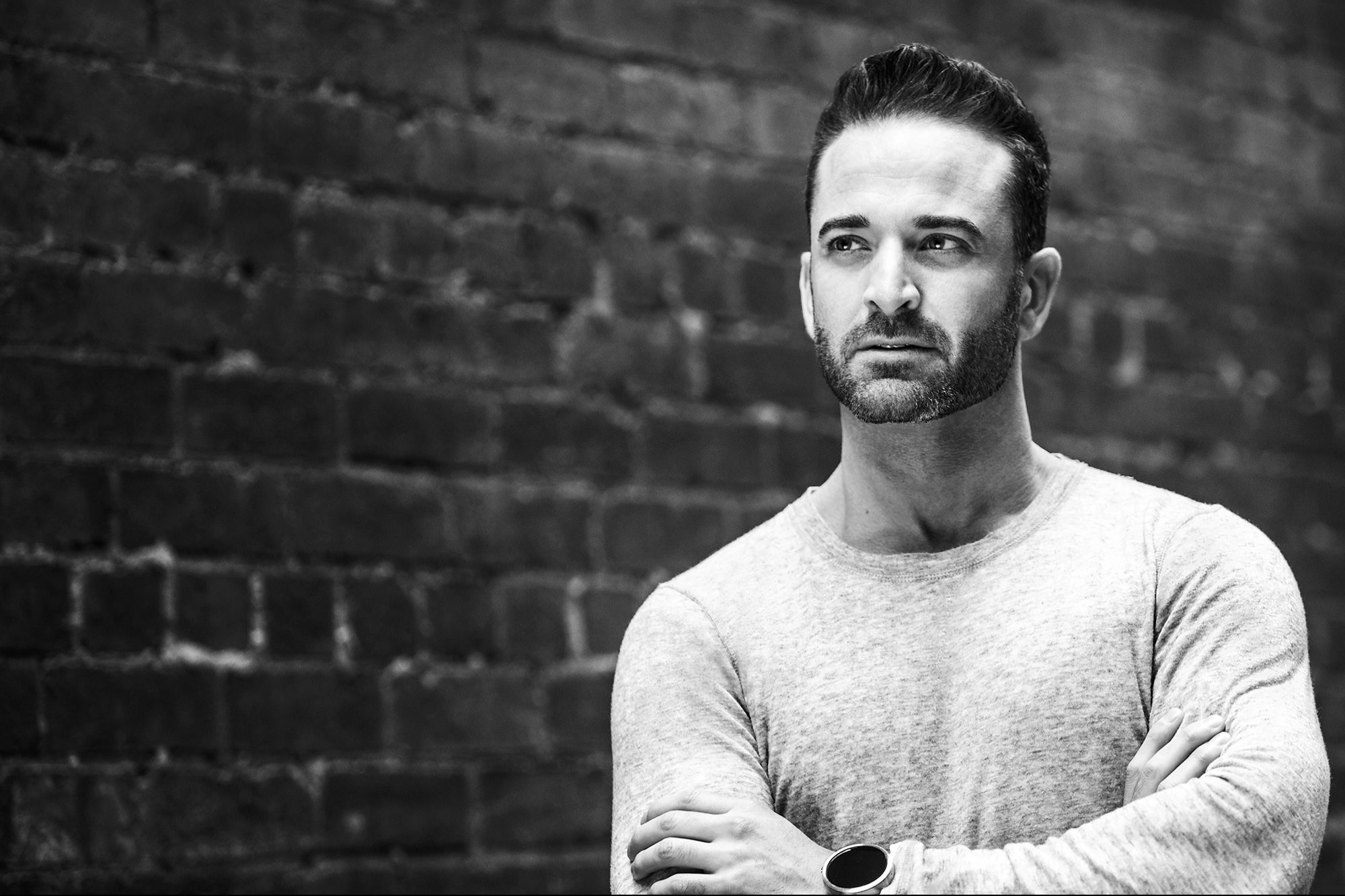5 Ways a CEO Can Build a Culture of Trust Make connections, keep promises, set expectations, admit failures and trust your team. Seems pretty simple, right? Let's dig into the details.
By Chris Oberbeck Edited by Dan Bova
Opinions expressed by Entrepreneur contributors are their own.

It's no secret that one of the most important aspects of being a CEO is having the quality of leadership that enables trust and solidarity amongst your team members. Of course, the real secret is in understanding exactly how that's accomplished.
Turns out, there's no magic bullet, but I've looked to some of the greatest leaders of the 21st century to glean information on how they built cultures of trust. Hopefully, the following information will help improve your thinking about your team members and the environment in which they work:
1. Make real connections.
"When dealing with people, remember you are not dealing with creatures of logic, but creatures of emotion." -- Dale Carnegie, Inspirational Speaker, Author & Educator
Many CEOs are so focused on running their businesses that they often have trouble seeing beyond the "roles" their employees play to the people behind them. As logical as their function in the business may be, they are still people at their core, and they require understanding and human engagement.
Related: 3 Ways to Simply Your Company Culture and Build Trust
Most times, connecting with your employees may require that you disconnect. Get away from emails and technology, and use face-to-face interactions to help build trust. Nothing builds confidence as much as shaking someone's hand or looking them in the eye. As a CEO, making real connections may be as simple as demystifying yourself to your employees, many of whom may never have met you. Company-wide events like team-building retreats and company parties are great for morale. Get to know your team as much as possible and, most importantly, let them get to know you.
2. Promise made, promise kept.
"It takes 20 years to build a reputation and five minutes to ruin it." -- Warren Buffett, Chairman & CEO of Berkshire Hathaway
Your word is your currency. If you promise something to your employees, deliver. You will demolish your reputation very quickly if you use statements loosely. What you say and how you say it are just as important as following through with those statements. As a leader, I have to be exact in what I say and how I follow through. If I fail to do that, I fail to keep my promises, which presents me as untrustworthy. That is the worst position to be in with your employees and will ultimately create structural weaknesses in the foundation of everything else you teach them. Follow through on your word and, in the event that you cannot, you gain more trust by communicating that clearly and openly as soon as you realize your mistake.
Related: 5 Obvious-Yet-Underused Ways to Build Trust
3. Set clear expectations.
"To succeed in business, it is necessary to make others see things as you see them." -- Aristotle Onassis, Shipping Magnate & Businessman
When employees fail, it is often because they aren't provided with clear guidelines of what is expected of them. As a leader, it is crucial to be aware of the gap in knowledge between what you know and what the people working for you know -- and to communicate with that difference in mind. Your employees are not mind readers. Even though the work at hand may seem evident to you, it might need to be explained differently to your employees. The reverse can also be true. Sometimes a change in your perspective might be required to allow you to see things as your employees see them. This is a learning opportunity on your part, not a failure.
4. Don't have all the answers.
"You don't learn to walk by following rules. You learn by doing, and by falling over." -- Sir Richard Branson, Founder of Virgin Group
As stated in the point above, failures need not be seen as failures, but rather as opportunities for learning. Nobody has all the answers all the time, not even a CEO. But I can almost guarantee that the most successful CEOs out there are not afraid to try, even if the outcome isn't always what they expect. Most likely, that's exactly how many of them got to where they are today! There is as much success, if not more, in the learning that comes from failure.
Related: How Jazz Music Prepared Me for Life as a CEO
5. Trust first.
"The best way to find out if you can trust somebody is to trust them." -- Ernest Hemingway
Trust is not a legal contract. You cannot expect a quid pro quo exchange from another person, especially in a corporate space. Instead of thinking of trust as something that can be negotiated, think of it as something you look for from others -- in exchange for first putting it out there yourself.
So many companies operate in a culture of fear these days, that it's difficult for employees at all levels to let their walls down. The best cultural shifts come from those at the top who are willing and able to lead by example. Place working toward a culture of trust at the top of your agenda as a leader, and you'll be amazed how much stronger and more effective collaboration is amongst your team members. And you'll be amazed at how much more effective you'll be leading them.










